Joe Bell (2020) is a deeply emotional drama directed by Reinaldo Marcus Green, inspired by the true story of Joe Bell, a father from Oregon who embarked on a poignant cross-country walk to honor the memory of his son, Jadin Bell. Jadin, a gay teenager, tragically took his own life after enduring relentless bullying. The screenplay, written by Larry McMurtry and Diana Ossana (Brokeback Mountain), explores themes of parental guilt, societal prejudice, and the transformative journey of redemption. Starring Mark Wahlberg as Joe Bell, Reid Miller as Jadin Bell, and Connie Britton as Lola Bell, the film strives to shed light on the devastating effects of bullying and the importance of acceptance and empathy.
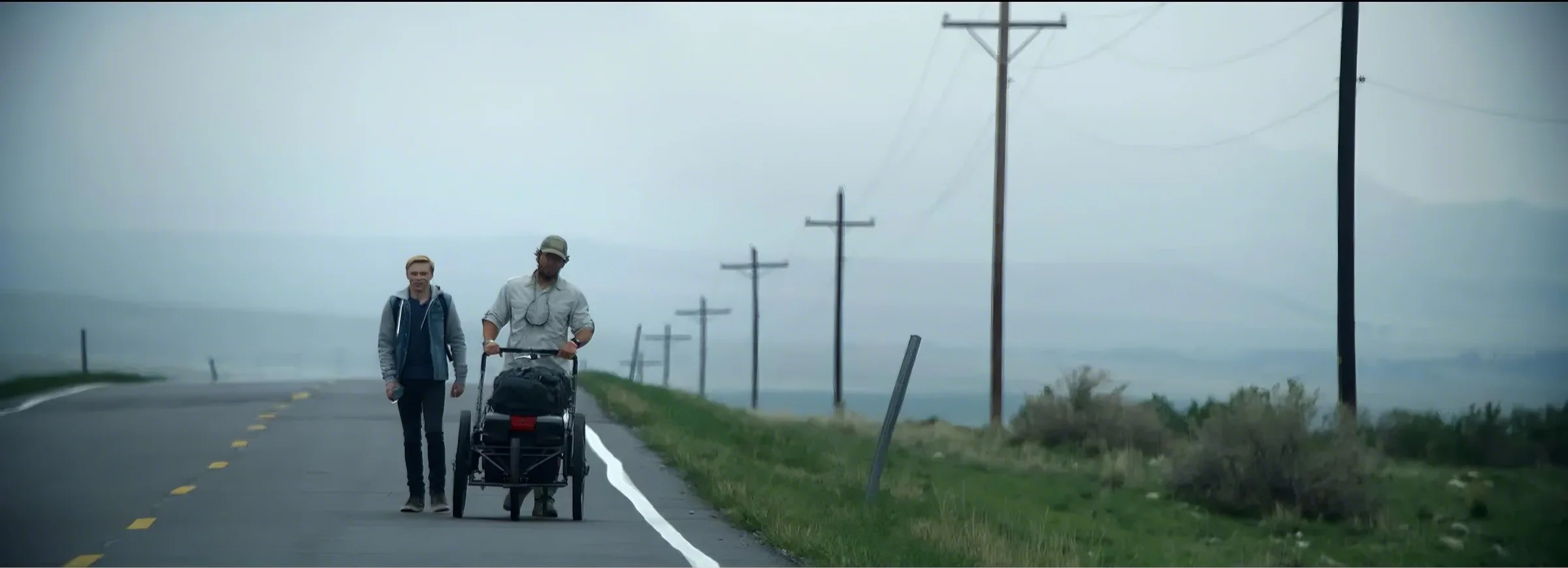
The story begins with Joe Bell walking along a remote highway, speaking to passersby and visiting schools and community centers to raise awareness about the dangers of bullying, particularly targeting LGBTQ+ youth. Joe carries the weight of immense grief and regret, and the journey is his way of honoring his son, Jadin.
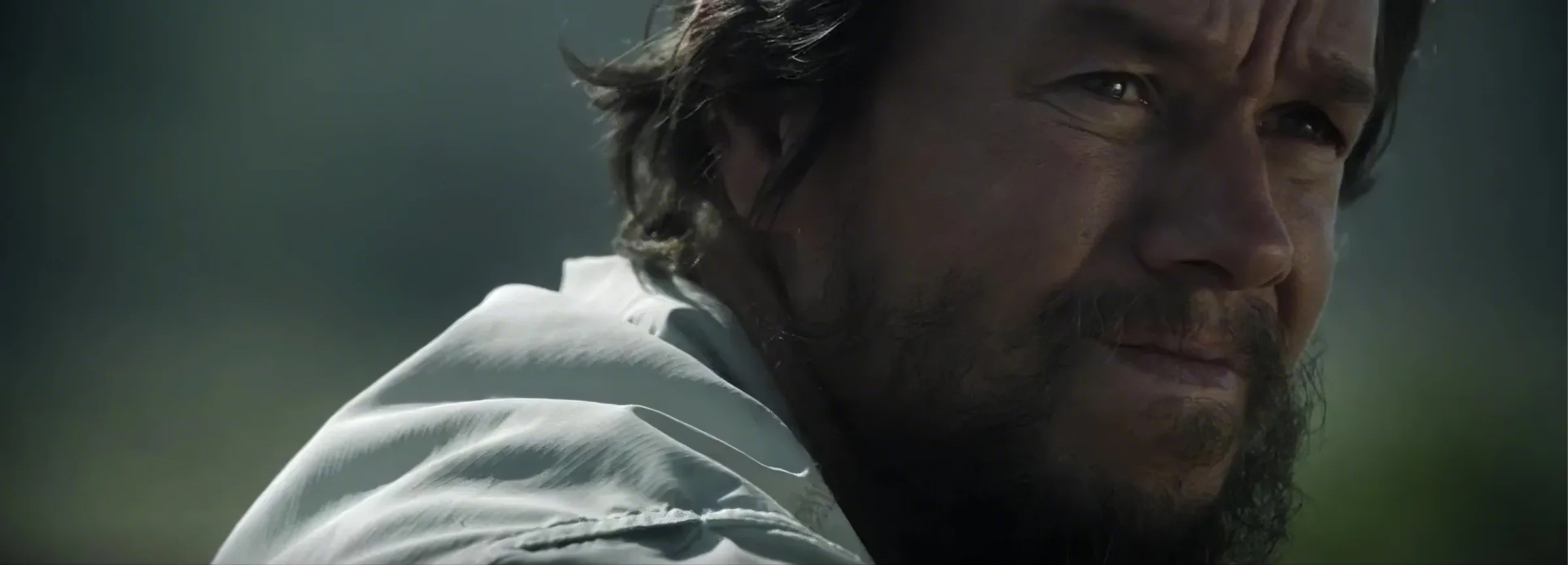
Through a series of flashbacks, the film gradually unveils Jadin’s struggles as an openly gay teenager in a conservative small town. Jadin faces severe bullying at school and online, leading to feelings of isolation and despair. Despite Jadin’s pleas for understanding, Joe initially fails to grasp the depth of his son’s pain, struggling with his own preconceived notions about masculinity and acceptance. These moments reveal Joe’s inner turmoil and the cracks in his relationship with Jadin.
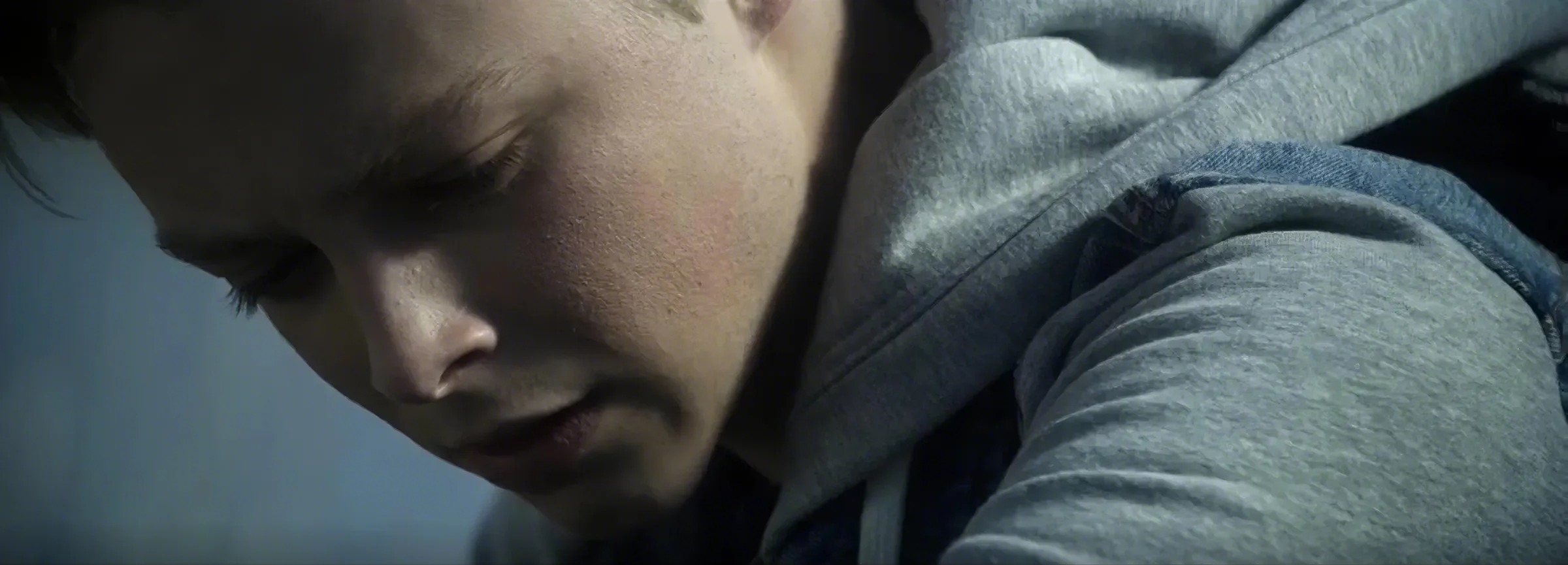
Jadin’s presence is a constant throughout the film, portrayed both in flashbacks and as a figment of Joe’s imagination. As Joe walks, he often “talks” to Jadin, who serves as a reminder of the father’s guilt, love, and the unresolved questions about their relationship. These imagined conversations are some of the most poignant moments in the film, showcasing Joe’s deep regret and his longing for a second chance to be the father Jadin needed.
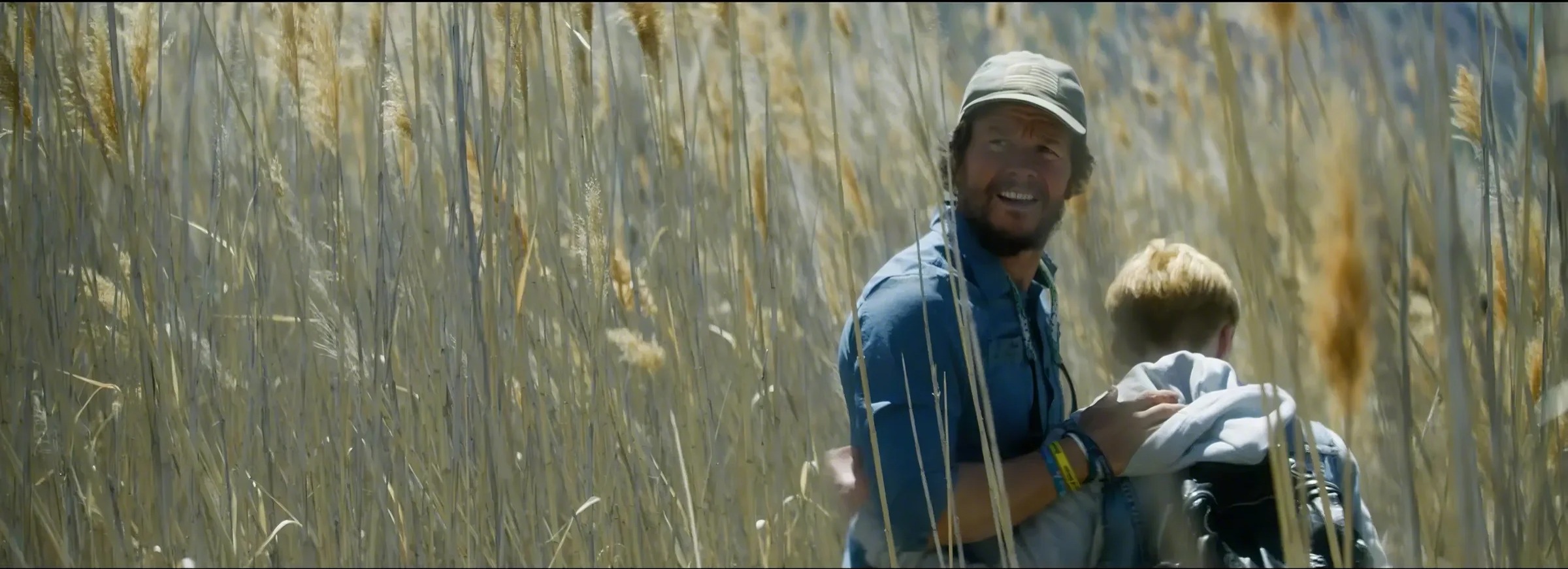
As the narrative progresses, Joe interacts with various strangers during his journey—some sympathetic, others dismissive or even hostile. These encounters highlight the societal challenges surrounding bullying, LGBTQ+ acceptance, and the often-dismissive attitudes toward mental health issues.
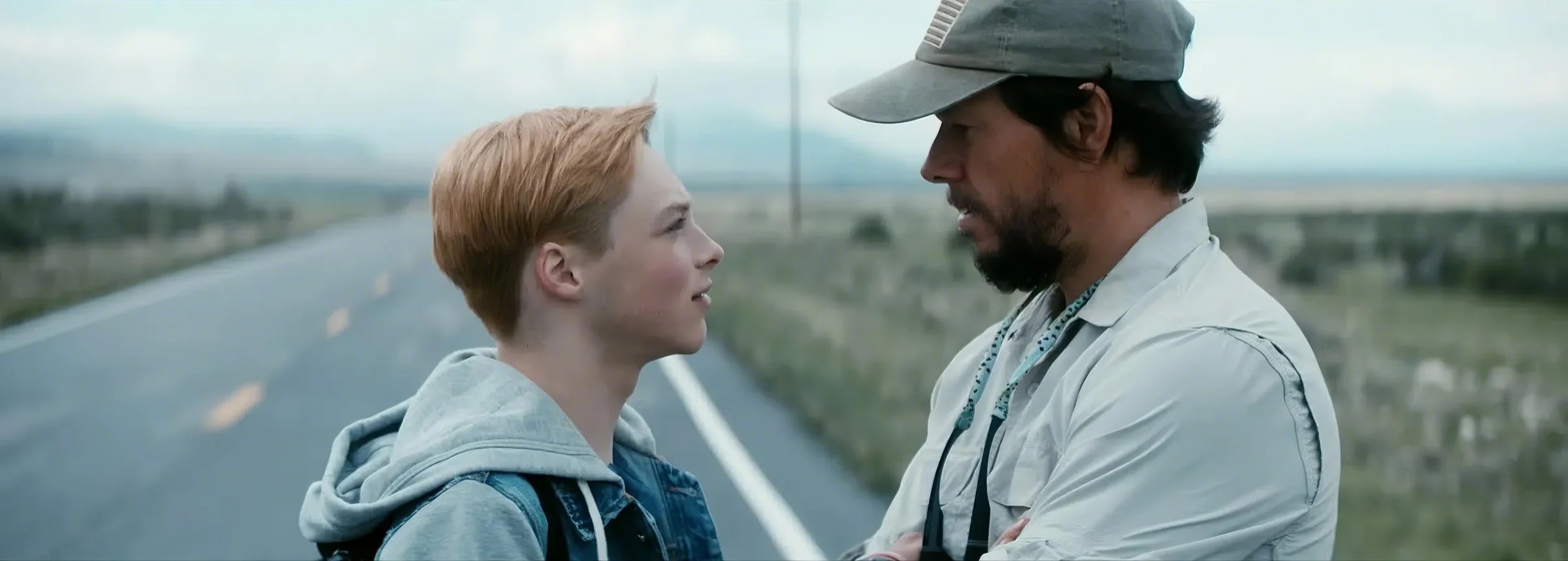
The climax of the film comes with a heartbreaking revelation: Joe’s journey is as much about punishing himself as it is about raising awareness. Struggling with the weight of his grief and guilt, Joe is forced to confront his own shortcomings and biases. The story takes a tragic turn when Joe dies unexpectedly in a road accident, leaving his mission unfinished. His death underscores the fragility of life and the urgency of his message. The film closes with a reflection on Joe and Jadin’s legacies, reminding viewers of the need for compassion, acceptance, and the fight against bullying.

3 gutter